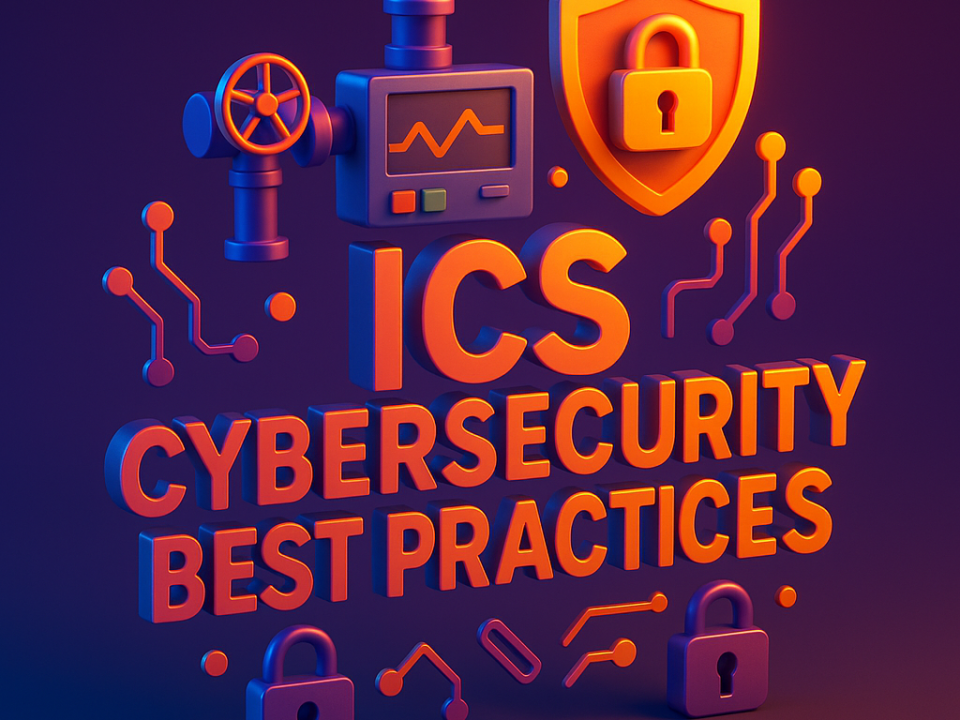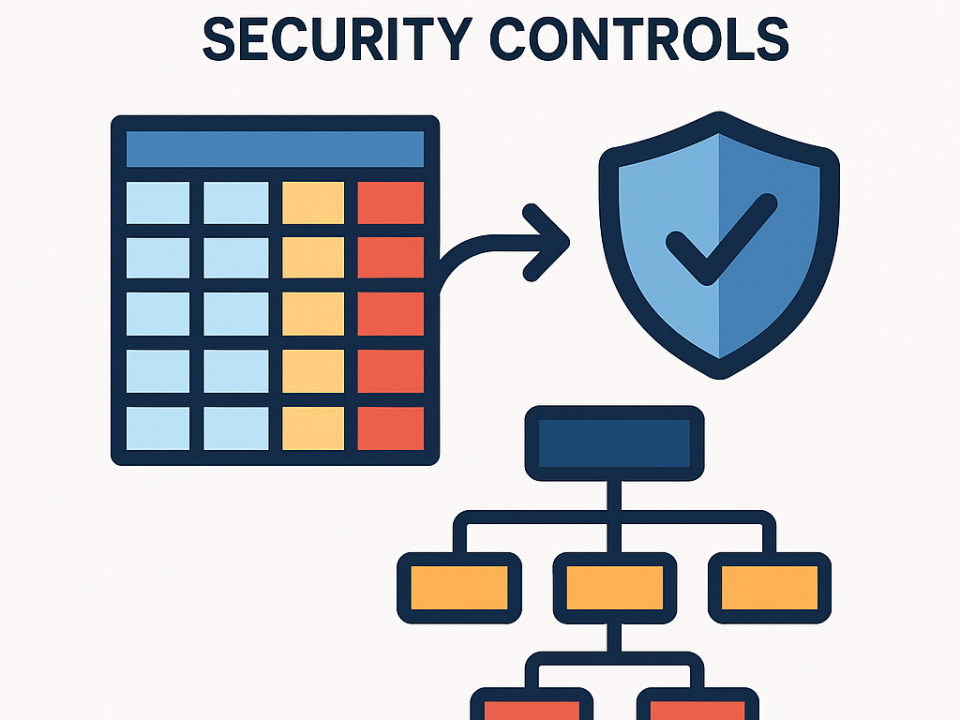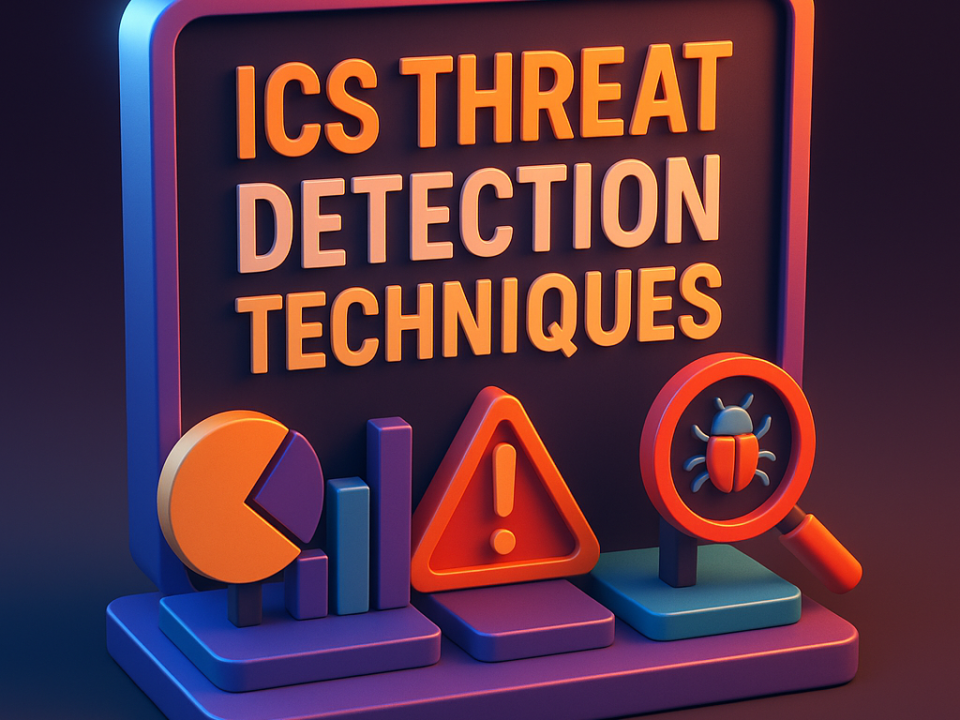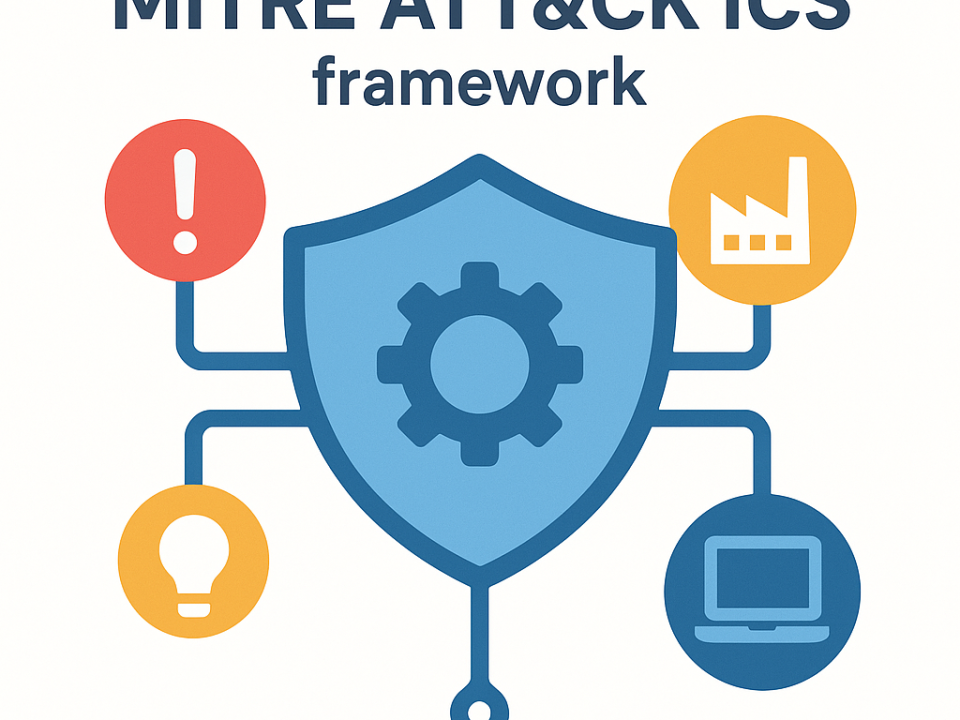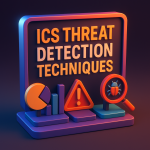
Behavioral Anomaly Detection in ICS: A Fresh Approach to Threat Detection
June 11, 2025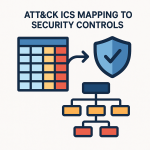
Integrating ATT&CK ICS into Security Controls: Enhancing Operational Resilience
June 11, 2025Leveraging Threat Intelligence for Enhanced Incident Response in Industrial Control Systems
Threat intelligence represents a critical yet underexplored component of industrial control system (ICS) incident response, combining real-time data analysis with predictive capabilities to bolster cyber defense. For cybersecurity experts, IT professionals, and managers, mastering this approach allows for proactive threat mitigation and enhances organizational resilience in the face of potential attack vectors. As CisoGrid focuses on Cybersecruity Remote Staffing, understanding and applying threat intelligence significantly empowers security teams while optimizing remote staffing resources to combat increasing cyber threats.
Understanding Threat Intelligence in ICS
Threat intelligence in the context of industrial controls systems refers to the collection, analysis, and application of data regarding potential or existing threats to critical infrastructure. By focusing on actionable insights, organizations can prepare more effectively for incidents and adapt their response strategies in real time.
- Threat intelligence encompasses internal and external data sources.
- Effective use can reduce the time to detect and respond to threats.
- Organizations utilizing threat intelligence often report fewer successful attacks.
- This practice enables better risk management and prioritization of resources.
Advanced Mechanisms of Threat Intelligence Integration
Integrating threat intelligence into ICS incident response involves advanced techniques such as automated data ingestion, context enrichment for alerts, and leveraging machine learning algorithms. These systems work together to create a cohesive defensive posture that evolves with emerging threats.
- Automated data ingestion enables real-time updates from various threat sources.
- Context enrichment enhances alerts by adding background information for incident analysts.
- Machine learning algorithms can predict potential attack vectors based on historical data.
- Integration with incident response platforms can streamline the workflow for teams.
Case Study: Successful Adaption of Threat Intelligence
A notable case study involves a manufacturing organization that integrated threat intelligence into its ICS incident response plan. By employing predictive analytics and real-time data feeds, the organization achieved improved detection rates and reduced downtime following incidents.
- Post-incident analysis revealed a 40% reduction in response time.
- Detection rates improved by 60% due to real-time threat updates.
- The organization trimmed recovery costs by nearly 50% with faster restoration mechanisms.
Data-Driven Insights on Threat Landscape
Data-driven insights into the threat landscape specific to industrial control systems can vastly improve response strategies. Comprehensive analysis helps organizations understand the specific tactics, techniques, and procedures (TTPs) employed by adversaries.
- Reports indicate that ransomware attacks on ICS increased by 300% over two years.
- 70% of ICS breaches are a result of credential theft.
- Regular threat landscape reports are crucial for informed decision-making.
Future Directions: Evolving Threat Intelligence Frameworks
The field of threat intelligence is continuously evolving, with implications for ICS incident response strategies. The future may include enhanced collaboration across sectors, sharing threat information more openly, and adopting advanced analytics tools that incorporate artificial intelligence.
- Cross-industry partnerships are forming to enhance threat data sharing.
- AI tools are being developed to correlate vast amounts of threat data quickly.
- Real-time collaboration tools are improving incident management efficiency.
The strategic importance of leveraging threat intelligence for ICS incident response cannot be overstated. As attacks grow in sophistication, employing advanced threat intelligence frameworks equips organizations to stay ahead of malicious actors. To maximize the benefits of these insights, cybersecurity professionals and leaders should consider reaching out to CisoGrid—Cybersecruity Remote Staffing—to build a future-ready incident response workforce empowered by the latest cybersecurity strategies and tools.


